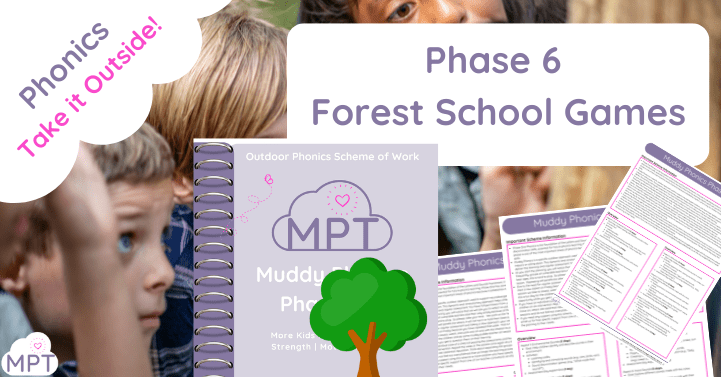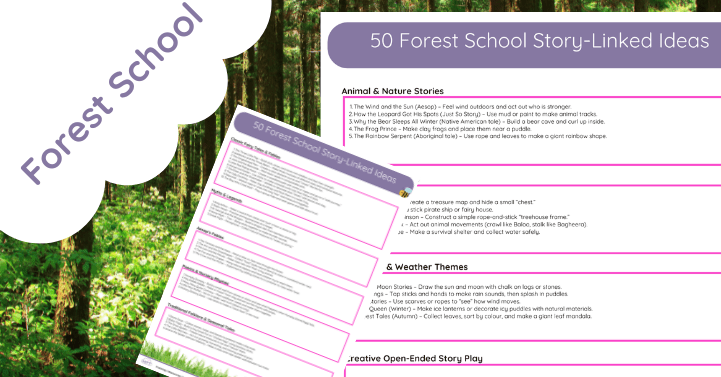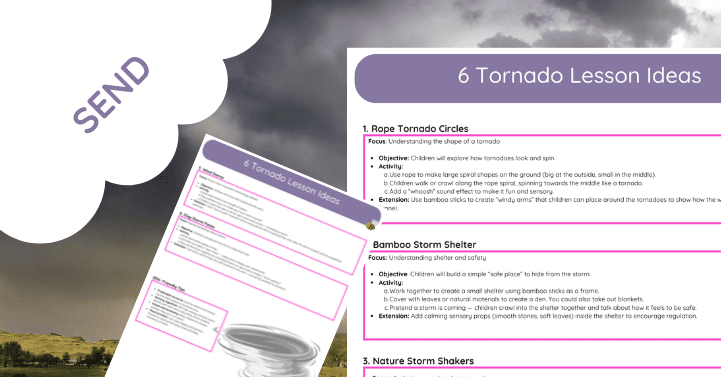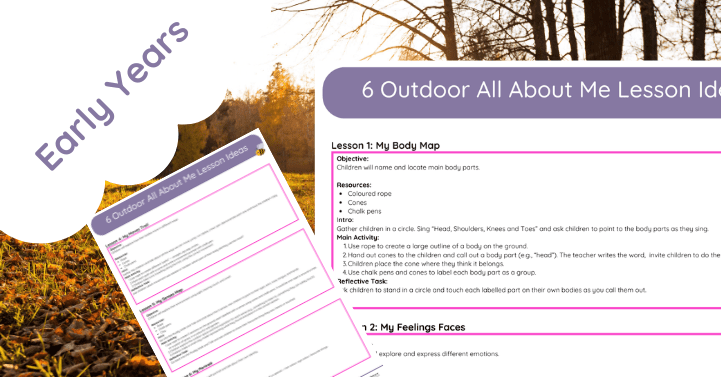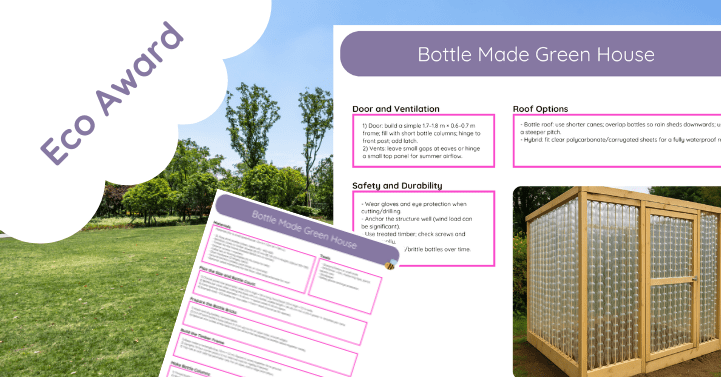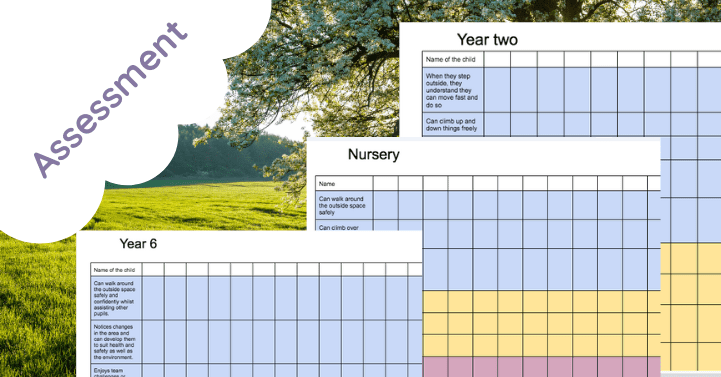Forest School Games: Phase 6 Phonics
Make Phase 6 phonics an outdoor adventure!
Forest School Games: Phase 6 Phonics is an exciting resource designed to reinforce spelling rules, suffixes, prefixes, tenses, and fluency through hands-on, nature-based activities. Perfect for teachers, outdoor educators, and homeschoolers, these games help children master phonics while exploring the natural world.
What’s Inside?
✔ 10+ interactive phonics games focused on Phase 6 spelling patterns, word endings, and sentence-building.
✔ Engaging outdoor challenges that integrate natural materials like sticks, leaves, and stones.
✔ Multi-sensory learning activities that support spelling, reading fluency, and word comprehension.
✔ Easy-to-follow instructions for Forest Schools, outdoor classrooms, and home education.
✔ Adaptable tasks that cater to different ages and abilities.
Why You’ll Love It:
✔ Encourages movement and active learning in a natural environment.
✔ Boosts confidence in spelling and reading through real-world application.
✔ Develops sentence structure and writing skills with creative word-building games.
✔ Fosters teamwork and problem-solving in group-based challenges.
✔ Makes phonics fun and engaging with an outdoor twist.
Ideal for educators, parents, and Forest School leaders, this resource transforms Phase 6 phonics learning into an exciting, hands-on experience.
Take literacy outside and watch phonics skills grow naturally!
Forest School is an educational approach that emphasizes outdoor, nature-based learning to foster personal, social, and academic development. Originating in Scandinavia, this method has gained global recognition for its holistic benefits.
Origins of Forest School
The concept of Forest School can be traced back to Scandinavia, particularly Denmark and Sweden, in the early 20th century. In Denmark, the idea emerged in the early 1950s when Ella Flautau began taking her children and their friends to the forest for play and learning. This informal practice garnered interest, leading to the establishment of the first forest kindergarten. Simultaneously, in 1957, Swedish ex-military man Gösta Frohm developed the “Skogsmulle” program to teach children about nature.
Philosophical Foundations
The roots of Forest School are deeply embedded in the Scandinavian philosophy of “friluftsliv,” which translates to “free air life.” This concept emphasizes the importance of connecting with nature for overall well-being. In the 19th century, educators like Friedrich Fröbel, the founder of the kindergarten movement, advocated for outdoor play and nature exploration as essential components of early childhood education.
Evolution in the United Kingdom
Forest School was introduced to the UK in 1993 after a group of nursery nurses and lecturers from Bridgewater College visited Denmark to observe its outdoor learning practices. Inspired by the positive impacts on child development, they developed a Forest School program upon their return. This initiative laid the foundation for the widespread adoption of Forest School practices across the UK.
Global Spread and Adaptation
The success of Forest School in Scandinavia and the UK has inspired its adoption worldwide. Countries like Canada and the United States have embraced the model, adapting it to their unique environments and educational frameworks. In Canada, the first forest school was established in 2007 near Ottawa, leading to the formation of Forest School Canada in 2012 to support and accredit such programs nationwide.
Core Principles of Forest School
Forest School is characterized by several key principles:
- Child-Centered Learning: Activities are tailored to the interests and developmental stages of children, promoting autonomy and engagement.
- Regular and Frequent Sessions: Sessions occur regularly over an extended period, allowing children to develop a deep connection with the natural environment.
- Holistic Development: The approach supports physical, emotional, social, and cognitive growth through hands-on experiences.
- Qualified Practitioners: Trained leaders facilitate sessions, ensuring safety and the delivery of developmentally appropriate activities.
- Risk Management: Children are encouraged to take appropriate risks, fostering resilience and problem-solving skills.
Impact and Benefits
Research indicates that children participating in Forest School programs exhibit improved social skills, increased confidence, and enhanced academic performance. The immersive natural setting encourages curiosity, creativity, and a lifelong appreciation for the environment.
From its Scandinavian origins to its global adoption, Forest School has transformed traditional educational paradigms by integrating nature-based learning. Its emphasis on holistic child development and environmental stewardship continues to inspire educators and policymakers worldwide.
For more detailed information on the history and principles of Forest School, you can visit the Forest School Association’s history page.


